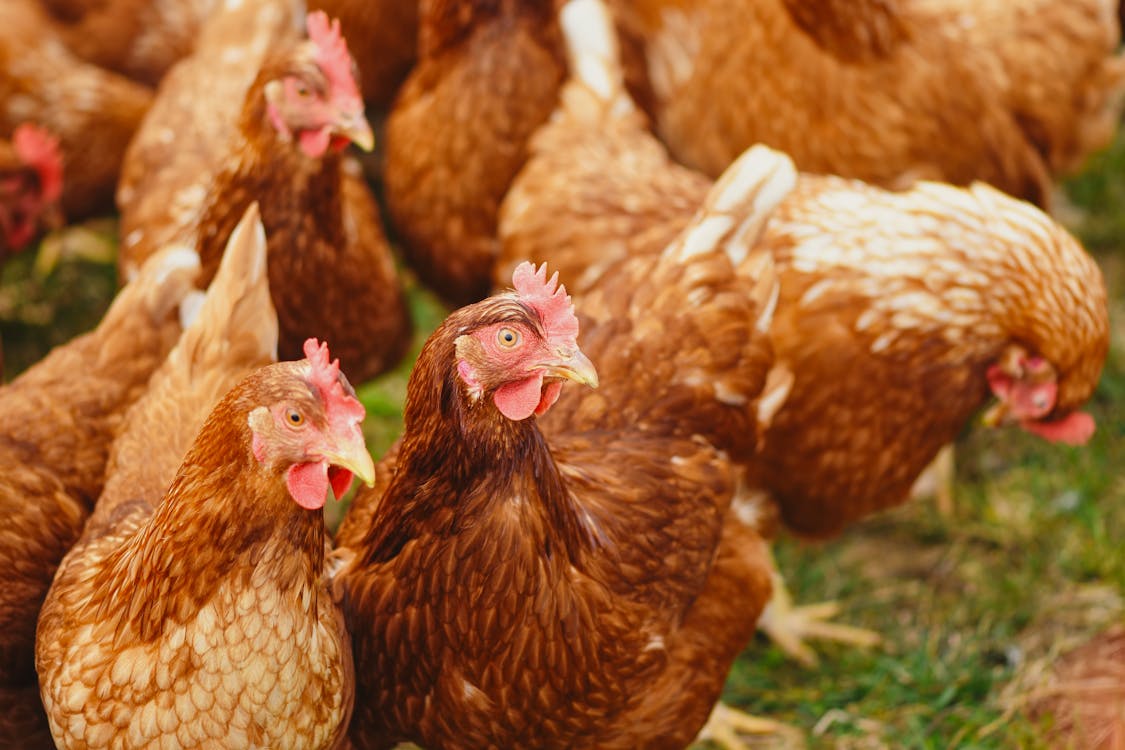Business
Daybreak Foods Enters Business Rescue to Avoid Collapse and Save 3,000 Jobs

In a critical effort to save thousands of jobs and a major agricultural investment, South African poultry producer Daybreak Foods has officially entered business rescue. The decision, backed by the Public Investment Corporation (PIC), follows a series of financial missteps, governance issues, and a failed emergency funding request.
On 20 May, the PIC endorsed placing Daybreak into business rescue to prevent liquidation and protect nearly 3,000 jobs. This move marks a last-ditch effort to stabilize the business and avoid a complete shutdown of operations.
A business rescue practitioner will now take the reins, tasked with working alongside Daybreak’s board to assess the current damage and chart a recovery path. The goal: avoid liquidation and rebuild a sustainable future for one of South Africa’s key poultry producers.
Emergency Funding Falls Through
The rescue move comes just days after a failed attempt to raise R500 million in urgent funding. The PIC had hoped the funds would reverse Daybreak’s worsening financial trajectory. But by 16 May, no approval was secured.
This funding shortfall left the company exposed to a looming liquidation application brought by three creditors—including Lakat Chicken—which had already secured a provisional liquidation order. Legal counsel advised the PIC against contesting the application, saying the chances of success were slim.
In a temporary lifeline, the PIC injected R74 million to ease immediate liquidity pressures and keep what’s left of Daybreak’s operations afloat.
How Did It Come to This?
Daybreak’s troubles are not new. Acquired by the PIC in 2015 for R1.19 billion, the company was meant to serve both commercial and socio-economic goals—namely, boosting black ownership in agriculture, enhancing food security, and driving job creation in rural areas.
However, cracks began to show early. By 2017, a PIC-appointed CEO had already deemed the company technically insolvent. Questions about the purchase price and overall governance soon followed. Yet despite internal warnings, financial support continued.
Mismanagement, leadership instability, and poor oversight eroded the company’s performance. In 2023, newly appointed CEO Richard Manzini attempted to reverse the decline with a turnaround plan supported by a R250 million infrastructure fund. Unfortunately, only R176 million was allocated—too little, too late.
By early 2025, the situation spiraled. Salaries went unpaid, feed deliveries stopped, and thousands of chickens died due to starvation. Manzini and several executives resigned, citing deep-rooted governance failures.
What’s Next for Daybreak?
Despite the breakdown, the PIC says it’s not giving up. A high-level team is now in place to lead the recovery and stabilize Daybreak’s operations. The success of the business rescue process is seen as vital not only for preserving jobs but for upholding the developmental objectives that drove the original investment.
With thousands of livelihoods and a key food producer at stake, South Africans will be watching closely to see if this rescue attempt succeeds where previous interventions have failed.
{Source: BusinessTech}
Follow Joburg ETC on Facebook, Twitter , TikTok and Instagram
For more News in Johannesburg, visit joburgetc.com



























